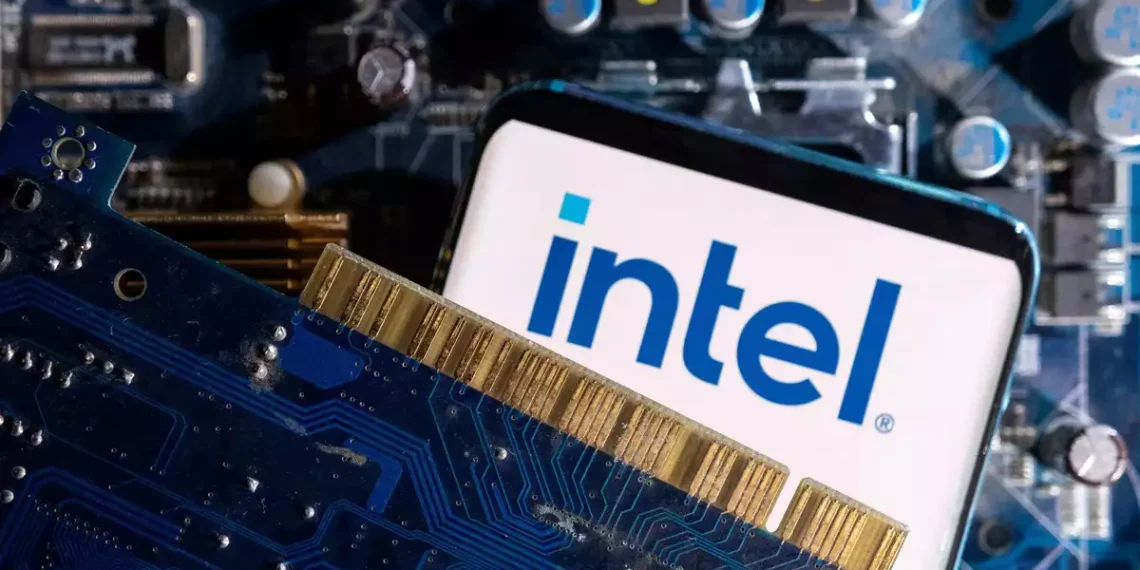The Biden administration is reportedly engaged in discussions to allocate over $10 billion in subsidies to Intel Corp drawing from sources familiar with the matter. These negotiations are ongoing, with Intel’s prospective package anticipated to encompass both loans and direct grants, as per the report.
The U.S. Department of Commerce, responsible for administering CHIPS Act funds, refrained from commenting on the matter, as did Intel. However, the department has previously disclosed two smaller CHIPS Act grants.
Commerce Secretary Gina Raimondo recently announced plans to issue several funding awards within two months from the government’s $39 billion semiconductor manufacturing program.
This fund aims to subsidize chip production and related supply chain investments, thereby facilitating the construction of factories and boosting production capacity.
Intel intends to invest tens of billions of dollars in chip factories across established sites in Arizona and New Mexico, alongside a new facility in Ohio, potentially the world’s largest chip plant.

Nonetheless, the Wall Street Journal reported Intel’s decision to defer the completion of the Ohio site until 2026, attributing the delay to market sluggishness and a gradual disbursement of federal funds.
Whether an influx of federal dollars this year could expedite these plans or those of competitors like Taiwan Semiconductor Manufacturing Co., which also seeks U.S. funding, remains uncertain.
Micron and Samsung Electronics are among the companies constructing new chip factories in the U.S., having also applied for assistance through the program. These initiatives underscore the strategic importance of semiconductor production, particularly amidst global chip shortages and efforts to fortify domestic supply chains for critical technologies.





